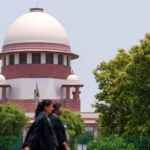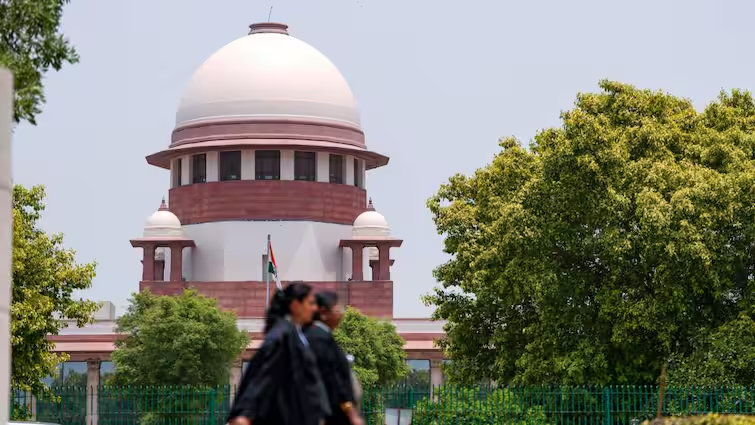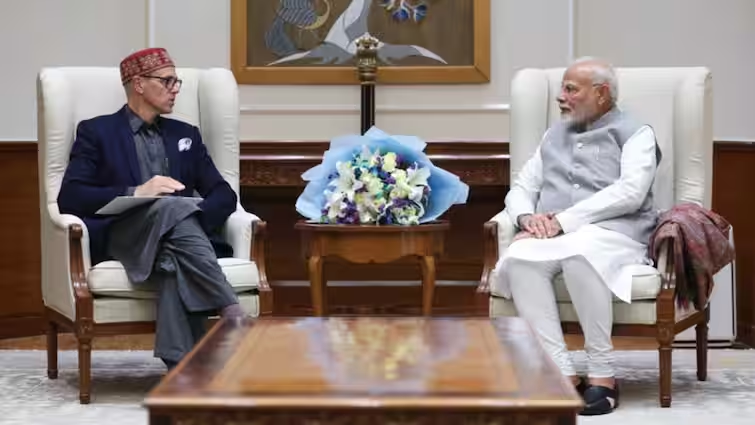Amit Shah Criticizes Congress Over Waqf Bill Discussion in Parliament
During the heated parliamentary debate over the Waqf Bill, AITC MP from West Bengal, Kalyan Banerjee, voiced strong opposition, asserting that the legislation infringes upon the rights of Muslims to manage their religious affairs. He argued that the bill violates Article 26 of the Constitution and undermines its foundational principles. Banerjee alleged that the bill aims to introduce further divisions within waqf boards based on sectarian lines.
Expressing his party’s stance, Banerjee stated, “On behalf of AITC, under the leadership of Mamata Banerjee, I vehemently reject this bill in its entirety. The essence of my speech is encapsulated in the phrase: ‘Tu Hindu banega na Musalman banega. Insaan ki aulaad hai insaan banega’…”
Banerjee emphasized that waqf properties are integral to the Muslim community as they support mosques, madrassas, cemeteries, and other essential institutions that serve marginalized groups. He highlighted that the bill allegedly seeks to validate the unlawful acquisition of waqf properties by government entities. According to Banerjee, the deletion of Section 40 would render the Waqf Board powerless.
Responding to these allegations, the BJP strongly defended the bill, accusing Mamata Banerjee’s TMC of attempting to retain control over waqf properties for personal gain. “Mamata’s TMC wanted Waqf Boards to keep seizing land! Section 40 allowed them to arbitrarily classify any property as waqf—whether it belonged to ancient temples or government bodies—without concrete evidence. This amendment halts such blatant land appropriation. No wonder TMC is unsettled—they have been exposed!” the BJP asserted.
Mamata’s TMC wanted Waqf Boards to keep looting land!
Section 40 let them unilaterally declare any property as Waqf—from ancient temples to govt land—without proof. The amendment shuts down this blatant land grab.
No wonder TMC is rattled—they’ve been caught red-handed! pic.twitter.com/AC8VJRwLnD
— BJP West Bengal (@BJP4Bengal) April 2, 2025
The bill, introduced by Union Minority Affairs Minister Kiren Rijiju, seeks to enhance the management of waqf properties by introducing transparency, streamlining complexities, and incorporating technology-driven mechanisms. While tabling the bill, Rijiju stressed that the legislation is property-centric rather than religion-focused. He highlighted that the Joint Parliamentary Committee (JPC) carried out an extensive consultation process, marking one of the largest exercises ever conducted by a parliamentary panel in India’s democratic history.
Rijiju further revealed that over 97.27 lakh petitions and representations were received in both physical and digital formats. The JPC meticulously reviewed each submission before finalizing its report. The government maintains that the bill is aimed at ensuring greater accountability and efficiency in the administration of waqf properties rather than targeting any community.
As the debate rages on, the proposed legislation continues to spark intense discourse, with both proponents and detractors holding firm to their perspectives on its implications.















